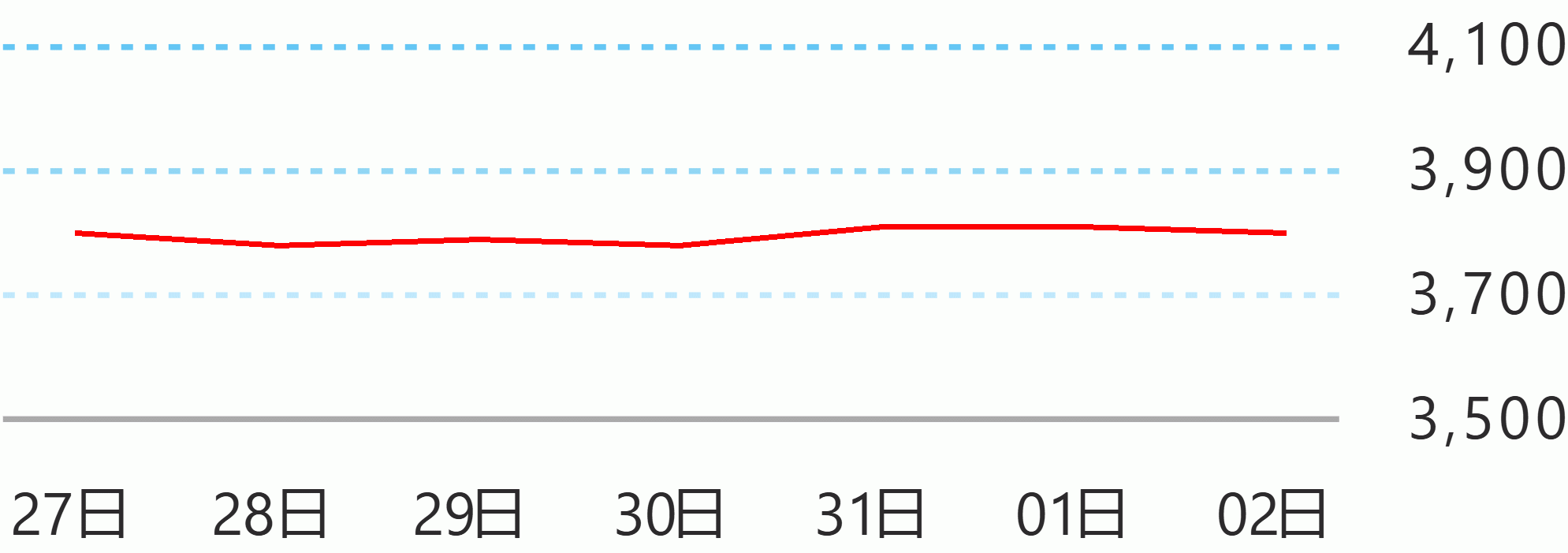A recent decision by the UN Committee on the Elimination of Discrimination against Women (CEDAW) finds that the "Philippines violated the rights of victims of sexual slavery perpetrated by the Imperial Japanese Army during the Second World War by failing to provide reparation, social support and recognition commensurate with the harm suffered."
In their complaint, 24 Filipina nationals, who are members of Malaya Lolas , asserted that they have consistently raised their claims and sought support at the domestic level, but the Government of the Philippines has repeatedly dismissed their efforts.
The United Nations CEDAW (Convention on the Elimination of all Forms of Discrimination Against Women) found such actions as a breach of the Philippines' obligations under the Convention on the Elimination of All Forms of Discrimination against Women as a State Party.
The Commission on Human Rights (CHR), as the country's independent national human rights institution, urges the Government of the Philippines to seriously consider and act on the recommendations of the Committee, particularly on providing the victims "full reparation, including recognition and redress, an official apology, and material and moral damages" proportionate to the physical, psychological, and material damage suffered by them and the gravity of the violation of their rights experienced.
It bears noting that CHR has long since stood for the restoration of the dignity and reputation, as well as in upholding the rights, of all Filipinas who suffered and survived wartime sexual violence and slavery during the Second World War.
In 2019, CHR has supported the Comfort Women Compensation and Benefit Act filed under the 17th Congress that seeks to recognise the experiences of "comfort women" and alleviate their suffering through reparations.
CHR stresses that 1987 Constitution itself declares that it is State policy to value the dignity of every human persons and guarantee full respect for human rights (Article II, Section 11).
The Philippine Constitution similarly prohibits the use of torture, force, violence, threat, and intimidation or any other means which vitiate free will, and mandates the compensation and rehabilitation of victims of torture or similar practices and their families (Article III, Section 12) .
The right to remedy and reparations for violations of human rights is also deeply enshrined in the International Covenant on Civil and Political Rights (ICCPR), which the Philippines is a State Party.
At the same time, the Basic Principles and Guidelines on the Right to a Remedy and Reparation for Victims of Gross Violations of International Human Rights Law and Serious Violations of International Humanitarian Law reminds that "[a]dequate, effective, and prompt reparation is intended to promote justice by redressing gross violation of international human rights law or serious violations of international humanitarian law."
CHR advises the Government of the Philippines to uphold these human rights standards and obligations relative to the plight of Filipina victims and survivors of sexual slavery under the Imperial Japanese Army.
To a larger, nobler end, providing reparations to Filipina "comfort women" pursues transitional justice, where large-scale and systematic human rights violations are addressed so that the nation and its people can move towards peace and reconciliation.
Pursuing transitional justice goes beyond monetary compensation. CHR also recommends that full recognition of the dignity of "comfort women" should include seeking an apology from the Japanese government and putting back the comfort women statue that once stood in Manila Bay, which was removed in 2018, in honour of the stories and struggles of Filipina "comfort women" and as a reminder of the abhorrence to the violences of war.
CHR shall be ready and willing to assist the government in crafting a policy and the supporting mechanism for this envisioned reparation. It is high-time that the government stands up for its citizens and take active steps in granting the long overdue recognition and reparation that Filipina "comfort women" desire and deserve. Strategic Communication Division





 English
English










